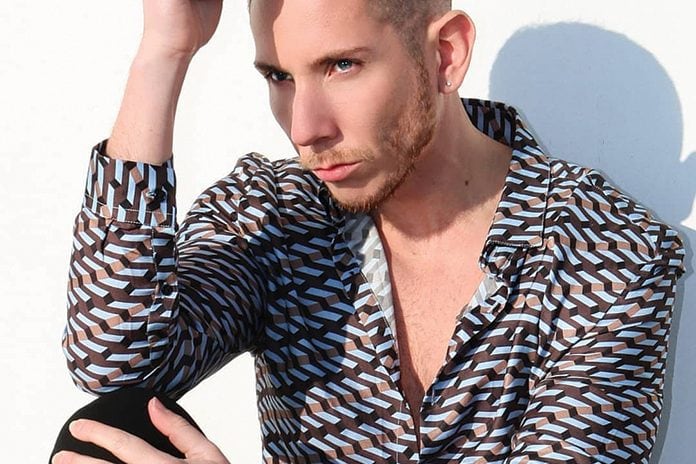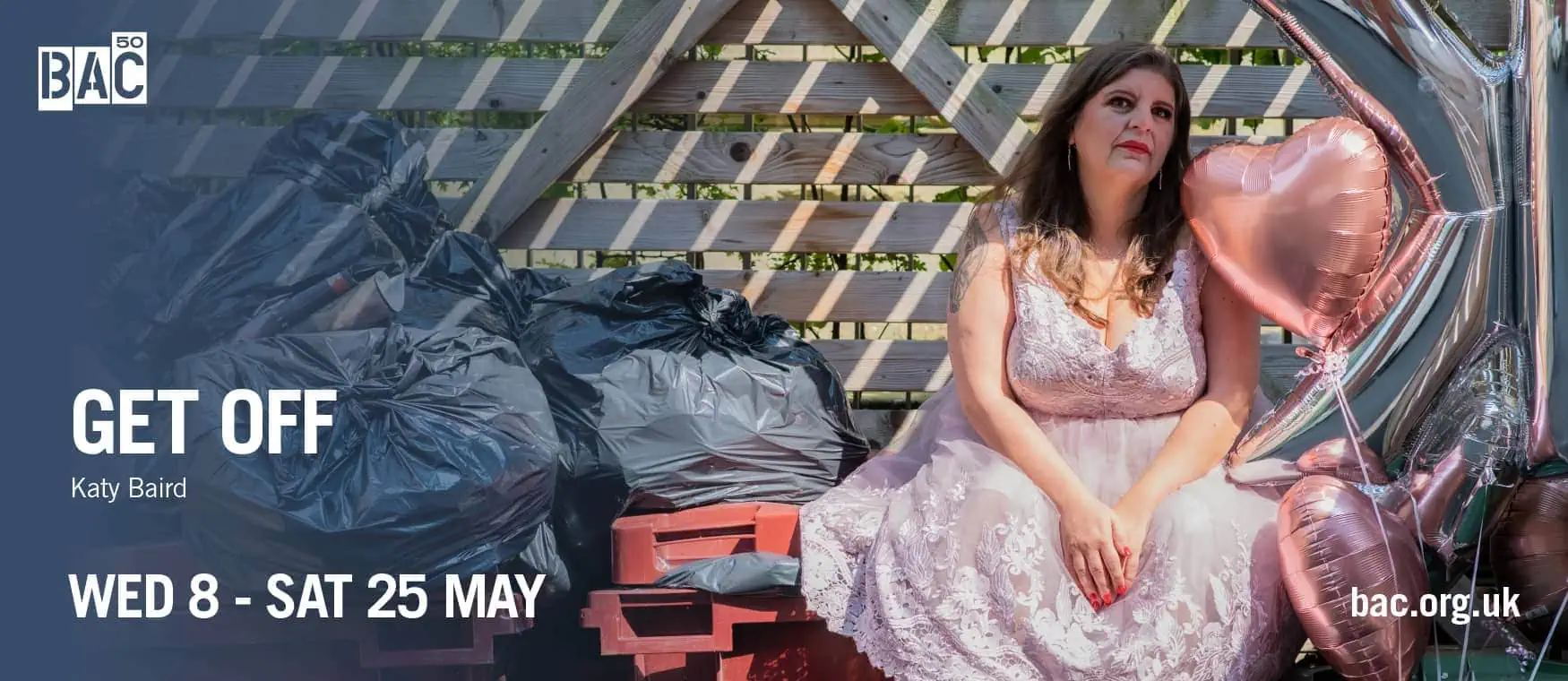Tony Flynn talks how to side-step stress and how to deal with it when it creeps in
Stress happens to the best of us and since you can’t avoid your job, bills, or life; the best thing to do is to learn how to manage the stress. This includes eating healthy, exercising regularly, getting enough sleep and taking care of yourself in general. If you don’t minimise the strain, the effects of stress can often take a lasting toll on your face and hair. So, for vanity’s sake—but more importantly, for your own physical, mental, and emotional health—here are six arguments for chilling out a little… or a lot.
Stress Can Make Hair Fall Out
Stress can trigger alopecia, which causes patches of baldness anywhere on the body, including on your head or precious beard. Maybe you’ve noticed a pal with a stressful job who has small patches in the sides of his beard. That’s probably not genetic—it’s result of him picking compulsively at one spot, steadily plucking the hairs. Usually, this hair can grow back, but it doesn’t even have to fall out in the first place: Pay close attention to your own habitual responses to daily stress, to avoid similar sparseness.
…It Also Grays Your Hair
Stress’ affect on hair loss is usually temporary and patchy. It’s unlikely that it accelerates permanent male-pattern baldness. However, it does permanently affect your hair colour, by hindering or halting the production of melanocytes in your hair follicles. This means that hair is no longer producing pigment, hence it goes gray. If you suffer something traumatic, you may experience a spot or streak of white hair. That’s a result of the stress and a loss of pigment. But gradual, steady stress will speed up the otherwise steady graying process.
Stress Gives You Spots
Stress alters your hormones. It increases cortisol production, which in turn increases the oil production in your skin. All of this leads to greater odds of clogged pores. Stress can also multiply the amount of acne-causing bacteria in the body, which might require a high-dose antibiotic prescription from your dermatologist.
It Dries Out the Skin, Too
Depending on your body’s reaction to increased cortisol production, you might also wind up with overly dried skin. Cortisol can hinder the skin’s elasticity and water retention, thus dehydrating your dermis. If this is the case, try ESPA’s new Triple Action Grooming Oil to help protect and energise skin. www.espaskincare.com
It Ages You
Stress can stunt your sleep, strain your eyes, furrow your brow, and so forth. All this added wear is no good for the appearance of youthfulness: You’ll accelerate signs of aging that should have waited another 10-20 years to appear. You can expect crow’s feet at the corners of your eyes, fine lines on your forehead, splotchy skin, and dark circles under the eyes. Get off your phone and get some more sleep!
…And Bloats Your Eyes
The skin around your eyes is much thinner than the rest of your body, and gets progressively thinner as you age. This is why you wear your strain more prominently on your face: A lack of sleep increases cortisol, which helps the tissues around the eyes retain moisture (in a bad way). A morning application of eye cream or serum is your quick fix. But don’t let a lack of sleep become routine, or you’ll start to see more permanent, less reversible effects.
www.mystylemanual.com @_tonyflynn












